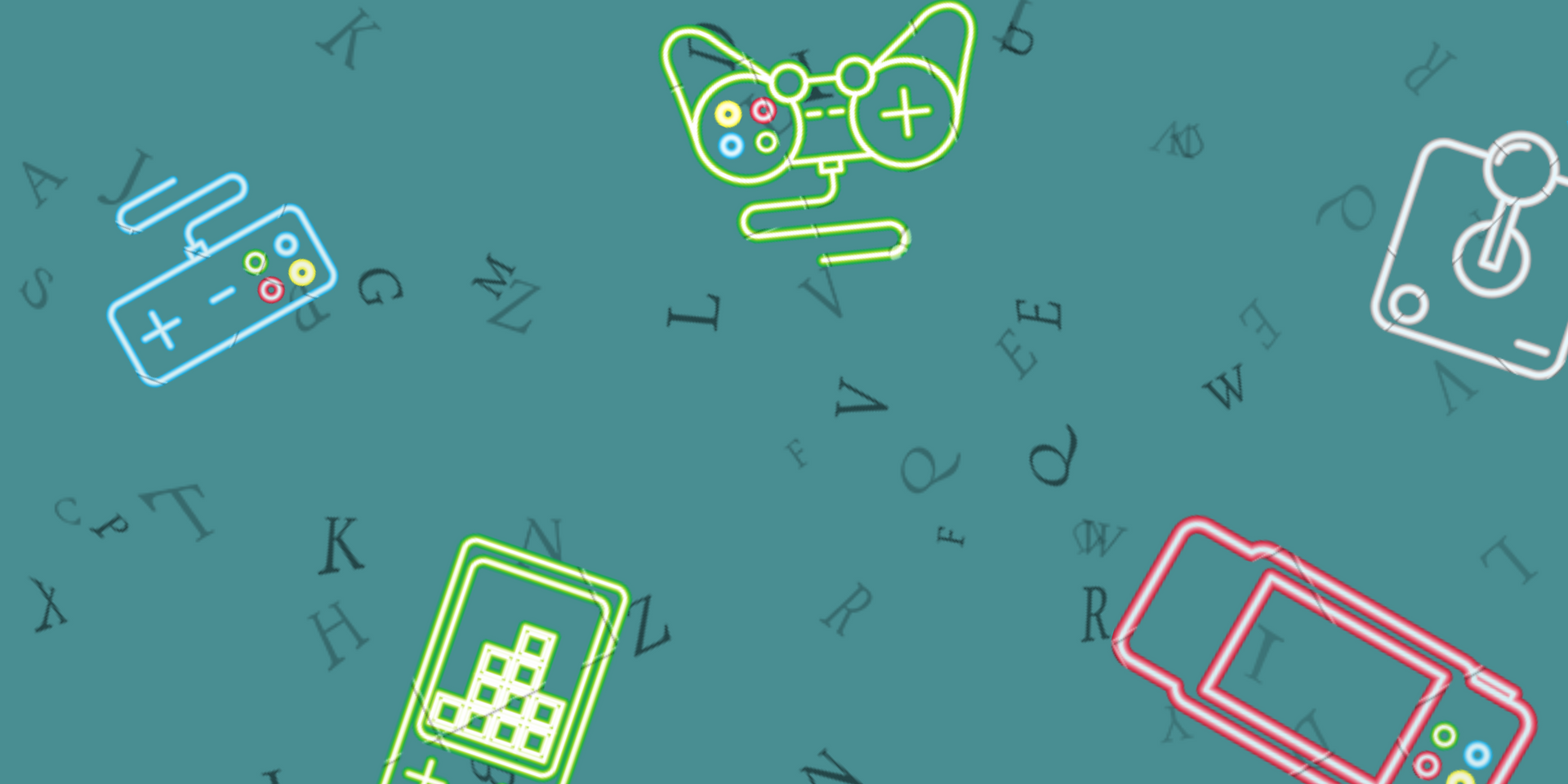#TranslatorsInTheCredits: Recognizing the value of video games localization specialists
- Kemel Cobresle
- Dec 8, 2022
- 3 min read
Updated: Feb 7, 2023

Nowadays, the number of cases in which big games companies, translation agencies, and even developers do not give proper recognition to the professionals who bring their products to a wide range of communities around the world is increasing. But it's not something new, what has actually changed is the visibility these professionals are giving to this matter by calling out such outdated practices. Therefore, I think it's really important that I show my support to this movement and do what I can to generate that change that is very much needed.
Every day, we see exciting posts about game awards, and game releases, either from agencies or from the big companies in the industry. It is undeniable that it is so cool to see those news, but do you know how many of those games include translators in the credits? According to research carried out by ATRAE (Asociación de Traducción y Adaptación Audiovisual de España) based on nominated games for the Game Awards, the Spanish Localization team is only credited in 2 out of 5 nominated games in a total of 62 games.


Reading those numbers is heartbreaking and frustrating, because the success of those games and their nominations to a given award would not be possible without all the different teams of translators, localizers, LQer, revisers, and many other professionals that bring those stories to a wide range of communities and cultures.
Why is it so hard to GIVE PROPER CREDIT to those professionals, but it is so easy to credit pets and babies? (No shame on them, though)
There is a reason why video games specialists and those carrying out roles within the localization process are calling out these practices. There is not a single reason, which makes our claim much more significant. Then, why is it so significant for us to be given credit for our work? Here are some reasons:
It allows us to include proper PROOF of our work in our professional portfolios, which many agencies request when applying for a position.
It allows us to show TRANSPARENCY and TRUSTWORTHINESS regarding our experiences as professionals. What do you think of seeing a portfolio full of lists of just game genres, word counts and images saying “NDA”? The first thing that comes to mind is: “Oh, they have probably put them there so as to pretend to have experience,” isn't it? But why? Because we cannot show proof of that work we're mentioning.
It is our right to be RECOGNIZED for how much effort we put not only into translating and localizing, but also into spending days of research, meetings, debate sessions, problem-solving processes, managing some questionable work conditions, and many more aspects. We put our hearts as passionate professionals to deliver the best quality possible for each and every game, just to remain in the dark and get silenced by NDAs? This has to change.
If you are a Game Dev, there are so many things you can do, whether you're a one-person business or a team of several members. Please, consider taking into account these actions when planning your next project:

ASK for the translators', localizers', or any other professional's names.
FIGHT for the people you take as part of your families and who bring your games to life.
CALL OUT those agencies that refrain from sharing the translators names.
SWITCH to working with agencies that are willing to do so, that value our work. There are plenty of them with good practices.
SUPPORT our movement! Join linguists' efforts through social media; there are many of them raising their voices on multiple platforms.
If you're a fellow translator or video games specialist, please consider following and supporting those associations, SIGs, and people who constantly advocate the movement. Here are some of them:
Gameloc Gathering: It is an international group of professionals in the video game localization industry whose goal is to emphasize and promote the relevance of the profession. They are the ones who pushed forward the #TranslatorsInTheCredits movement.
IGDA Localization SIG: It is a Special Interest Group of the International Game

Developers Association (IGDA). Their goal is to provide a focal point and nexus for the growing number of game localization professionals in order to build community, draw together best practices and processes, and emphasize the requisite international dimension of game content development towards the goal of improving global game development processes and local end user experiences.
Loc in Credits: Another account of a fellow video games localizer who calls out bad crediting practices and advocate the movement.
Taking all this information into account, every step, and every action on our, as well as your part counts! As a quote I found on the internet says, “When spiders unite, they can tie down a lion.” We can generate change!
I've said it many times in this article, but I want to finish by saying, once again:
SUPPORT OUR MOVEMENT!










Comments